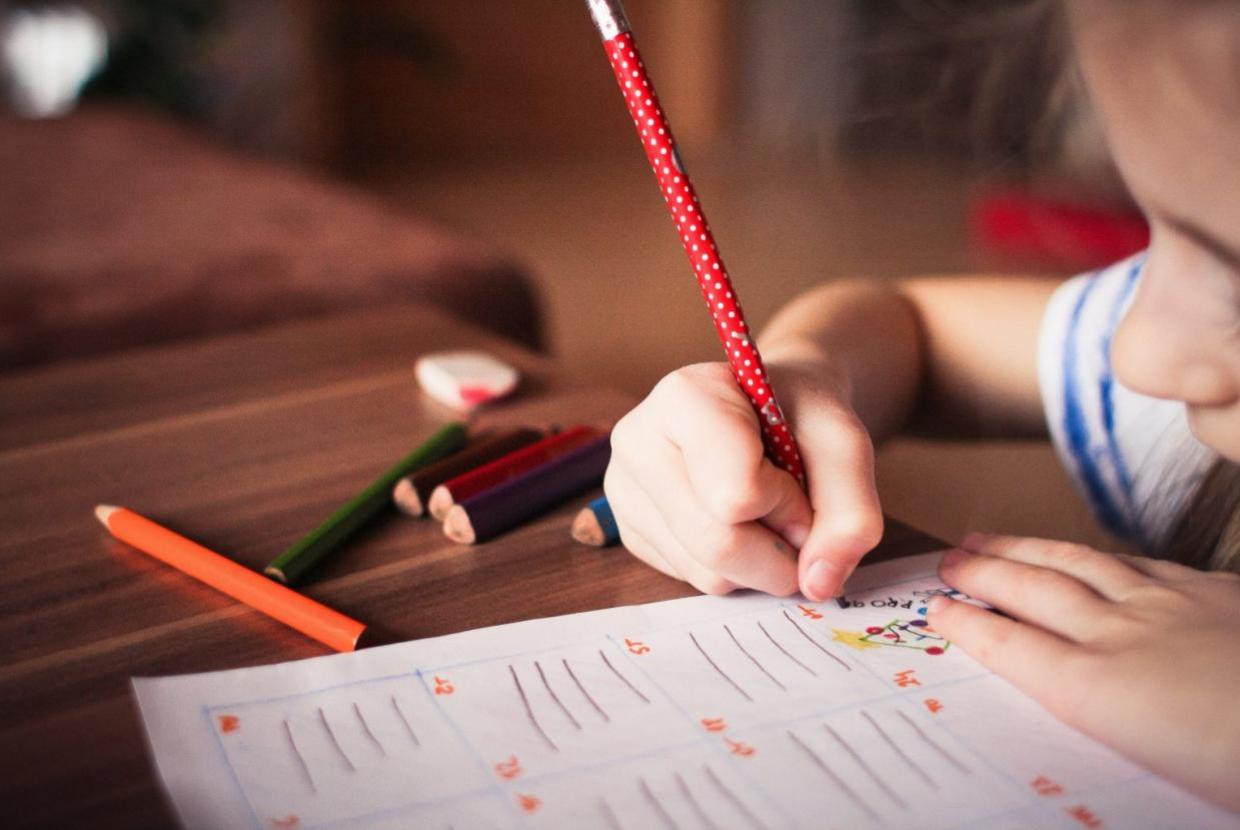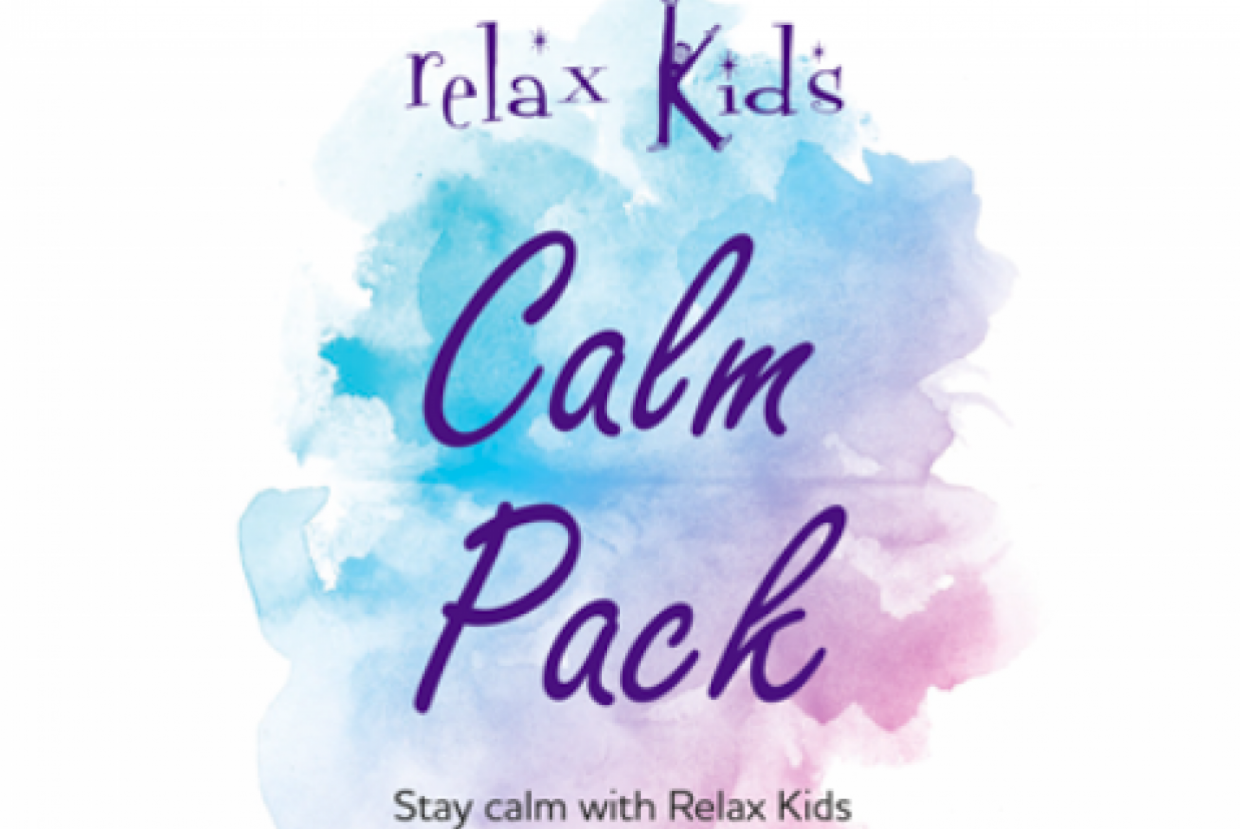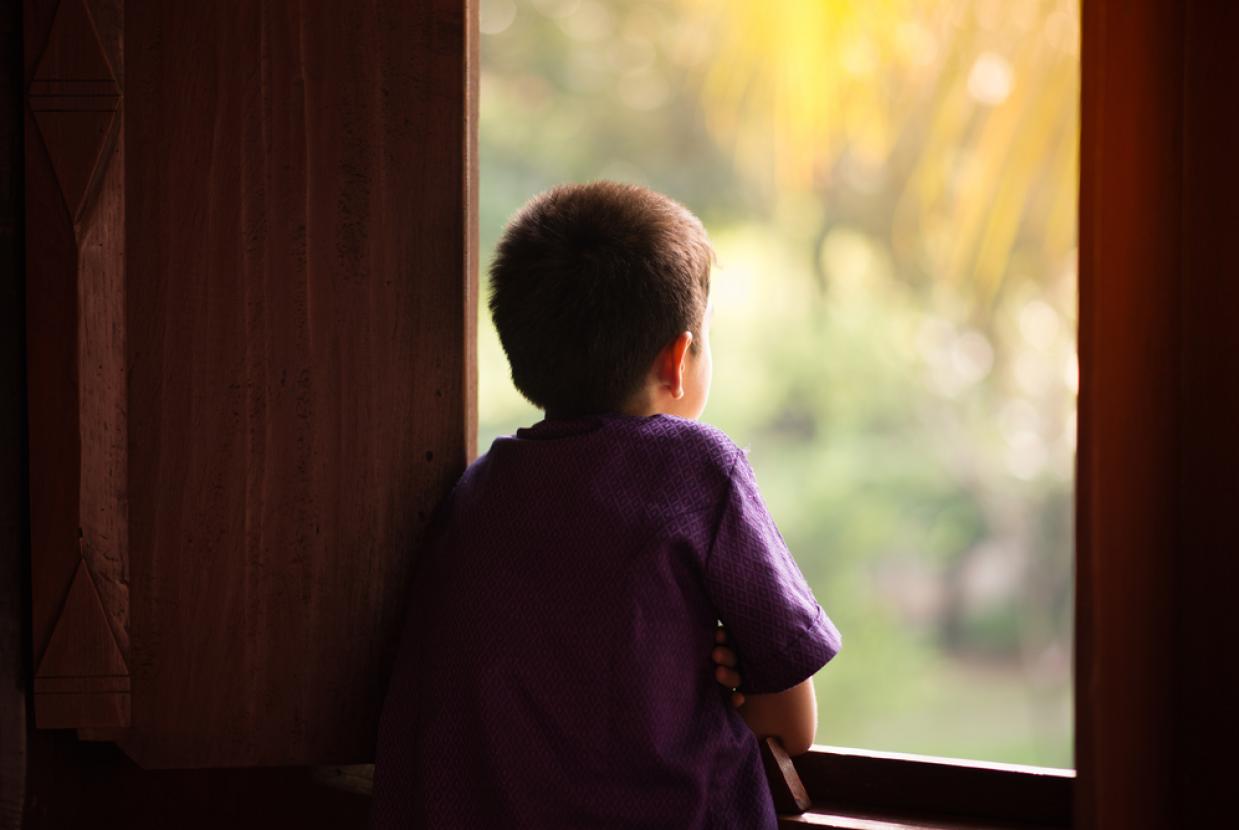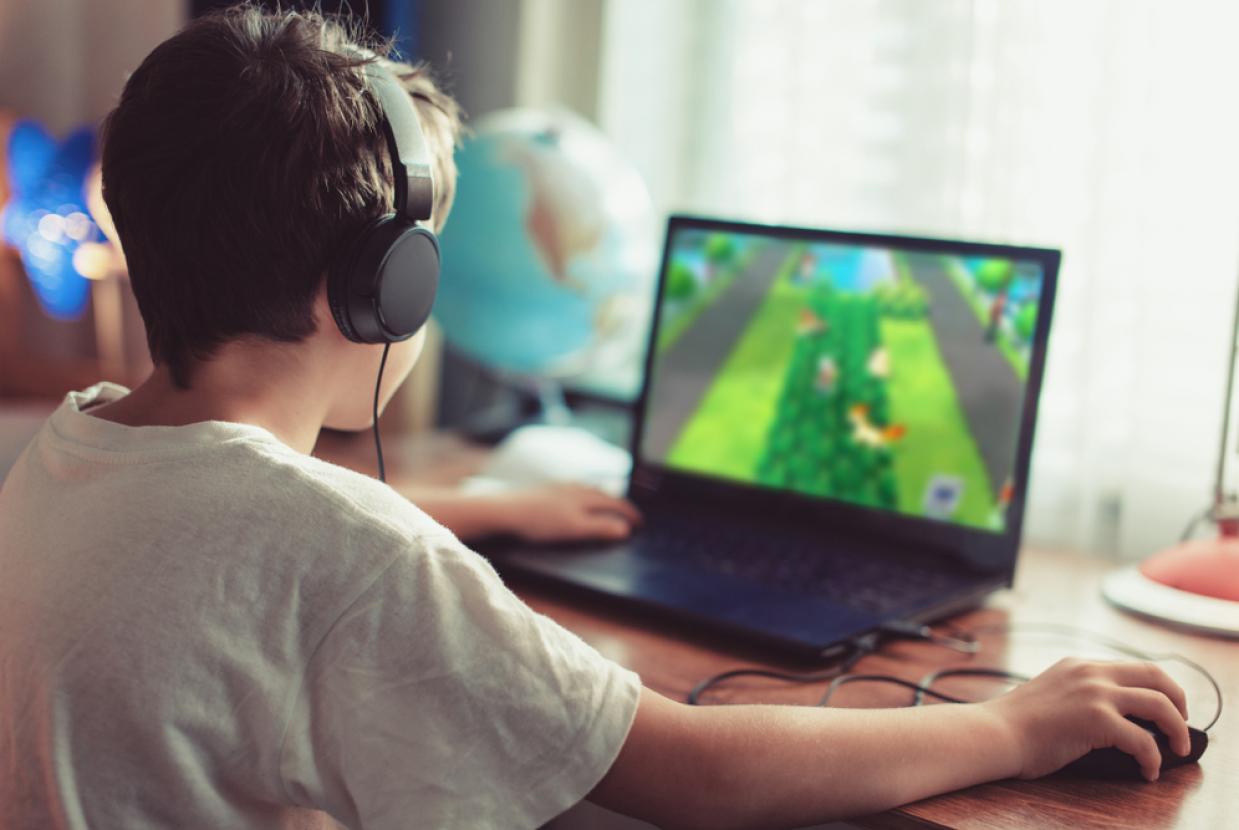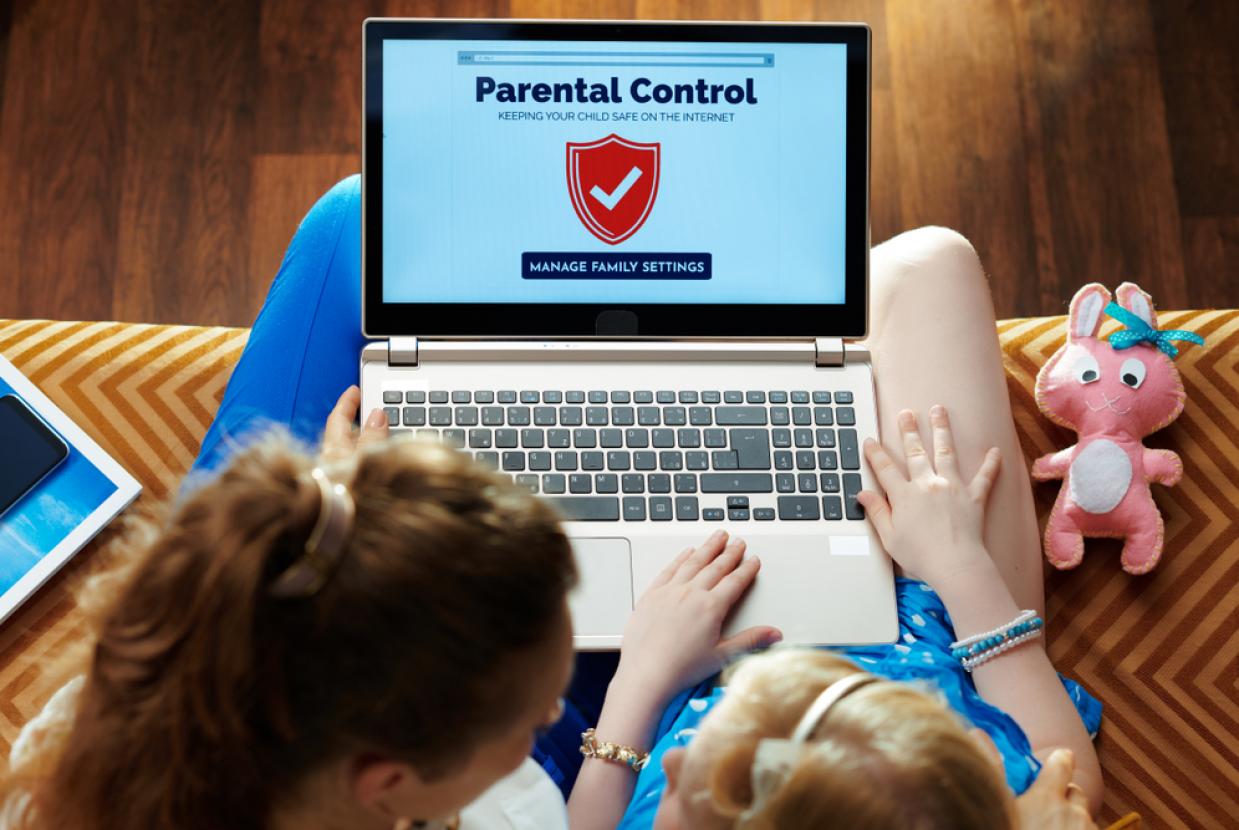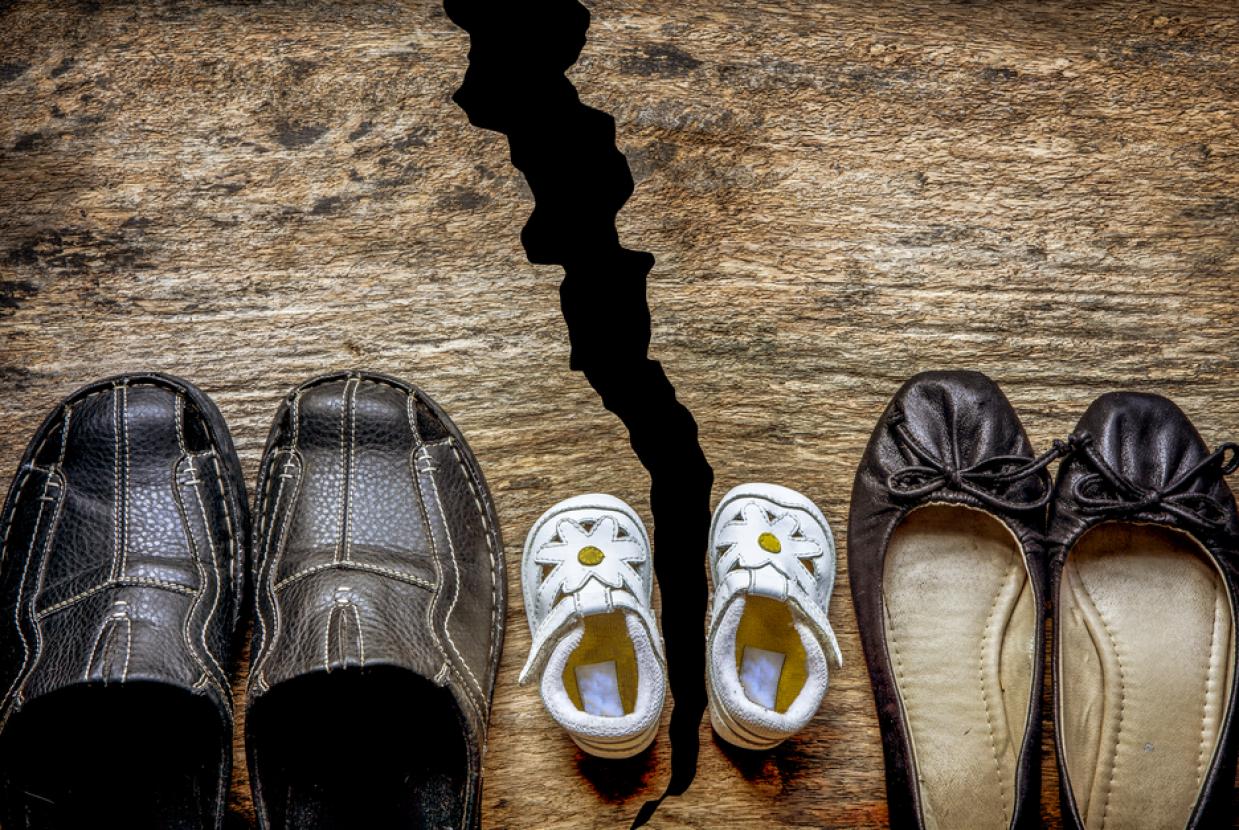How To Cope With Tantrums
As babies develop into toddlers, they find new ways to test boundaries and express themselves. So when your toddler gets upset, they might scream, cry or even kick, hit or bite.
The first time this happens can be upsetting and if it happens in public it can be embarrassing.
All children misbehave at times. It's a normal part of learning the rules. And sometimes they simply don't know what's good or bad behaviour.
How to respond to tantrums
If you're feeling at the end of your tether, Take 5 and follow these simple steps:
- Stop.
- Breathe.
- React calmly.
When they start screaming in the supermarket or having a meltdown at meal times, it's normal to feel frustrated. But reacting angrily could lead to emotional and physical harm. And this is never OK.
Children respond to how we react, which can affect their behaviour in the future. So try to react calmly.
If you can't find an immediate reason for the tantrum (maybe they're hungry, tired or need a little tender loving care), there are things you can try to calm them down.
Set Clear Rules
Your child's behaviour will improve when they know what the rules are, so they can stick to them. So try to respond in the same way every time. Say what you want your child to do, clearly and in a way they'll understand. Repeat it if necessary. And if your child doesn't do as you wish give them an appropriate consequence – so they'll know not to do it again.
Explain your actions
Choose a consequence that fits the situation, for example, if your children are arguing over a toy, take away the toy. Explain why you are taking the toy away. Stick to what you said, and when 5 minutes has passed give them back the toy so they can show you they can behave in the way you want.
Use a calm voice
When they misbehave take a deep breath and use a quiet and calm voice. Your child is far more likely to listen to you if you are in control - shouting will only make you angrier and upset your child.
Don't compare your child to others
Every child is different and it’s important not to compare your child to others. You know your child best and you can help them understand good behaviour by setting rules and creating boundaries.
To learn more - click here.







